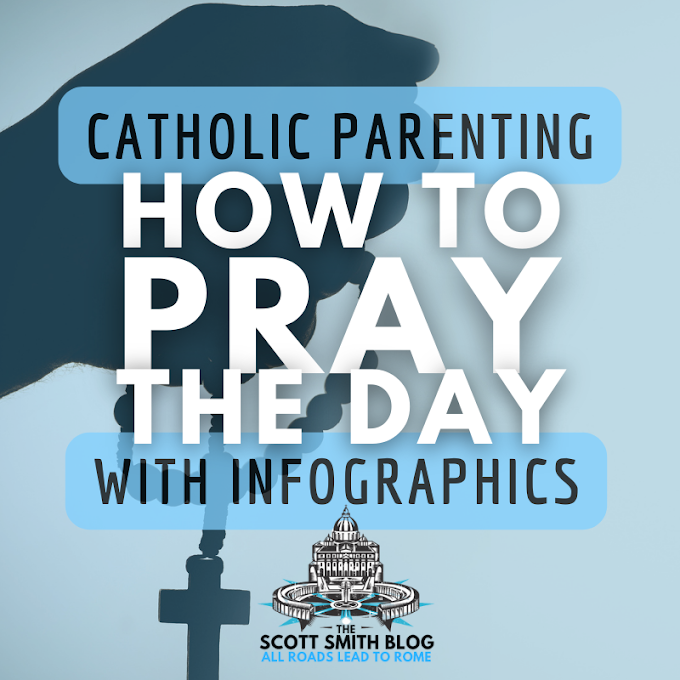It's not often that Hollywood actors notice the errors in pro-abortion logic. But sometimes, the logic is just too bad to miss.
Have you seen the somewhat short-lived Philosophy Time series created by James Franco and his buddy, Eliot Michaelson? It's pretty great, if only for Franco's facial expressions.
Check out the following video, in which Princeton philosophy professor, Liz Harman, is interviewed by James and Eliot.
If nothing else, Professor Liz makes clear how circular the abortion argument becomes when there is no inherent dignity to human life.
So Professor Liz Harman's argument is pretty terrible, but why?
Let's break it down ...
There are two separate, independent errors. One error doesn't explain the other, as argued by Professor Harman.
Error 1a: The baby doesn't have moral status because he/she doesn't have consciousness ... (Error 1b) because the baby doesn't have experiences.
We can argue that lots of people do not have experiences or consciousness. That doesn't mean we can kill them.
People under anesthesia. People in comas. People in a persistent vegetative state. But these are still people. All these people are experiencing very little, if anything, depending on how you define "experiences" or "consciousness".
Follow the rabbit hole a little further. What kind of experiences does a person need to have to be considered a person? What if a person is only having bad experiences? Can we kill them?
Speaking of James Franco and experiences, what if a person is being subjected to one of his movies - say Spider-Man 3 - on repeat? Are they being dehumanized to the point of losing their personhood? Can we kill them?
What about Franco's 127 Hours? Remember that one? A mountain climber, Aron Ralston, gets trapped under a boulder while canyoneering alone near Moab, Utah and resorts to desperate measures in order to survive. Long story "cut" short: Ralston amputates his own arm.
Ralston is experiencing 127 non-stop hours of bad experiences. Can we kill him? Or should we "deliver" him from his suffering?
Hopefully, you are seeing that all these arguments are terrible justifications for killing somebody.
This is, however, a useful strategy for testing and defeating pro-abortion arguments ...
When faced with an argument or reason for abortion, ask yourself whether it works to justify killing obvious examples of rights-bearing human beings, such as newborn babies, toddlers, teenagers and adults. If not, it assumes that the being killed by abortion, the unborn (i.e., the human embryo or “fetus”), is not an intrinsically valuable human being, like toddlers and teenagers—that is, it simply assumes the very conclusion it must defend
Here are some more tips for handling conversations with pro-abortion friends and family: A Pro-Life Conversation Guide.
Error 2a: The baby doesn't have moral status because the baby doesn't have a future ... (Error 2b) unless the baby does have a future, then it has moral status.
Adding more errors doesn't help support the original error. This is the house of cards approach.
Also, it's a circular argument. It's basically this: having an abortion is okay because I had an abortion ... is okay because I had an abortion. And on and on and on.
The problem is that popular arguments, so long as they are popular, can be riddled with holes. So long as the argument supports a prevailing narrative, it won't be exposed to things like logic.
The error of circular logic should have killed this argument long ago. Instead, it's been allowed to live so that unborn children may be killed. Bad arguments can be lethal.














0 Comments